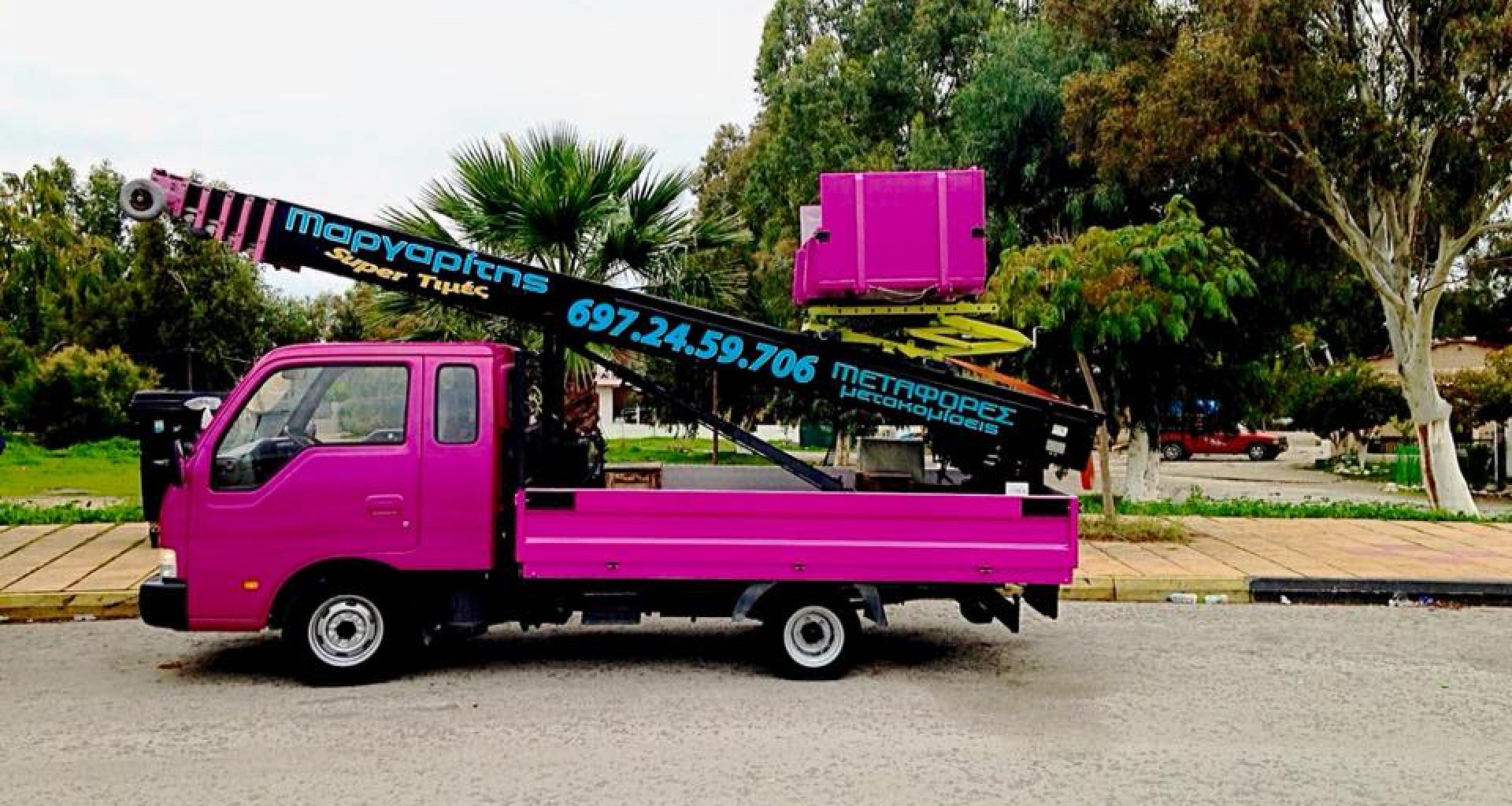Now that we have explained the two main orders, here is a list of some additional restrictions and special instructions that many different brokerages allow for their orders:
Stop Loss Order
This order differs from limit and market orders, which are already active when they are entered, as this order remains dormant until a certain price is exceeded and is then activated as a market order.
For example, if a stop loss sell order were placed on XYZ shares at $45 per share, the order would be inactive until the price reached or fell below $45. The order would then be converted to a market order and the shares would be sold at the best available price. You should consider this type of order in mt4 if you do not have time to constantly monitor the market but need protection from a large downward movement. A good time to use a stop order is before you leave on holiday.
Stop limit order
These are similar to stop loss orders, but as their name suggests, there is a limit to the price at which they will be executed. A stop limit order has two prices specified: The stop price, which converts the order into a sell order, and the limit price. Instead of converting the order into a market order to sell, the sell order becomes a limit order that is only executed at the limit price or better. This can mitigate a potential problem with stop-loss orders, which can be triggered in a flash crash when prices fall but then recover.
All or nothing (AON) - All or nothing.
This type of order is particularly important for those buying penny stocks. An all-or-nothing order ensures that you either receive the entire stock quantity you requested or none at all. This is usually problematic if a stock is very illiquid or a limit has been set on the order. For example, if you place an order to buy 2,000 shares of XYZ but only 1,000 shares are sold, an all-or-nothing limit means that your order will not be filled until at least 2,000 shares are available at your preferred price. If you do not place an all-or-nothing restriction, your order for 2,000 shares will be partially executed for 1,000 shares.
Immediate or Cancel (IOC) - Immediate or Cancel.
An IOC order dictates that an order of any amount that can be executed in the market (or at a limit) in a very short period of time, often a few seconds or less, is executed and then the rest of the order is cancelled. If no shares are traded in this "immediate" interval, the order is cancelled completely.
Fill or Kill (FOK) - Fill or Kill.
This order type combines an AON order with an IOC specification; in other words, it dictates that the entire order size must be traded in a very short period of time, often a few seconds or less. If neither condition is met, the order is cancelled.
Good until cancelled (GTC) - Good until cancelled.
This is a time restriction that you can place on various orders. An order remains active until you decide to cancel it. Brokerage houses usually limit the maximum time you can keep an order open (or active) to 90 days.


